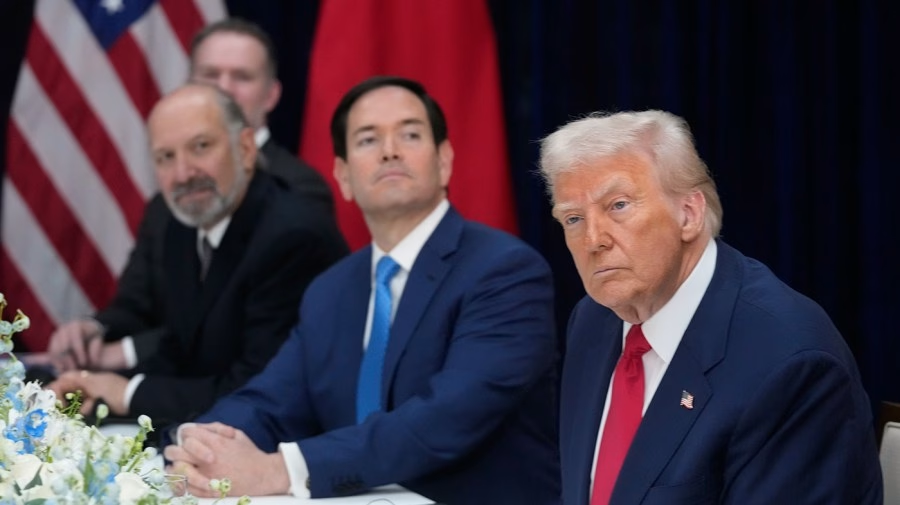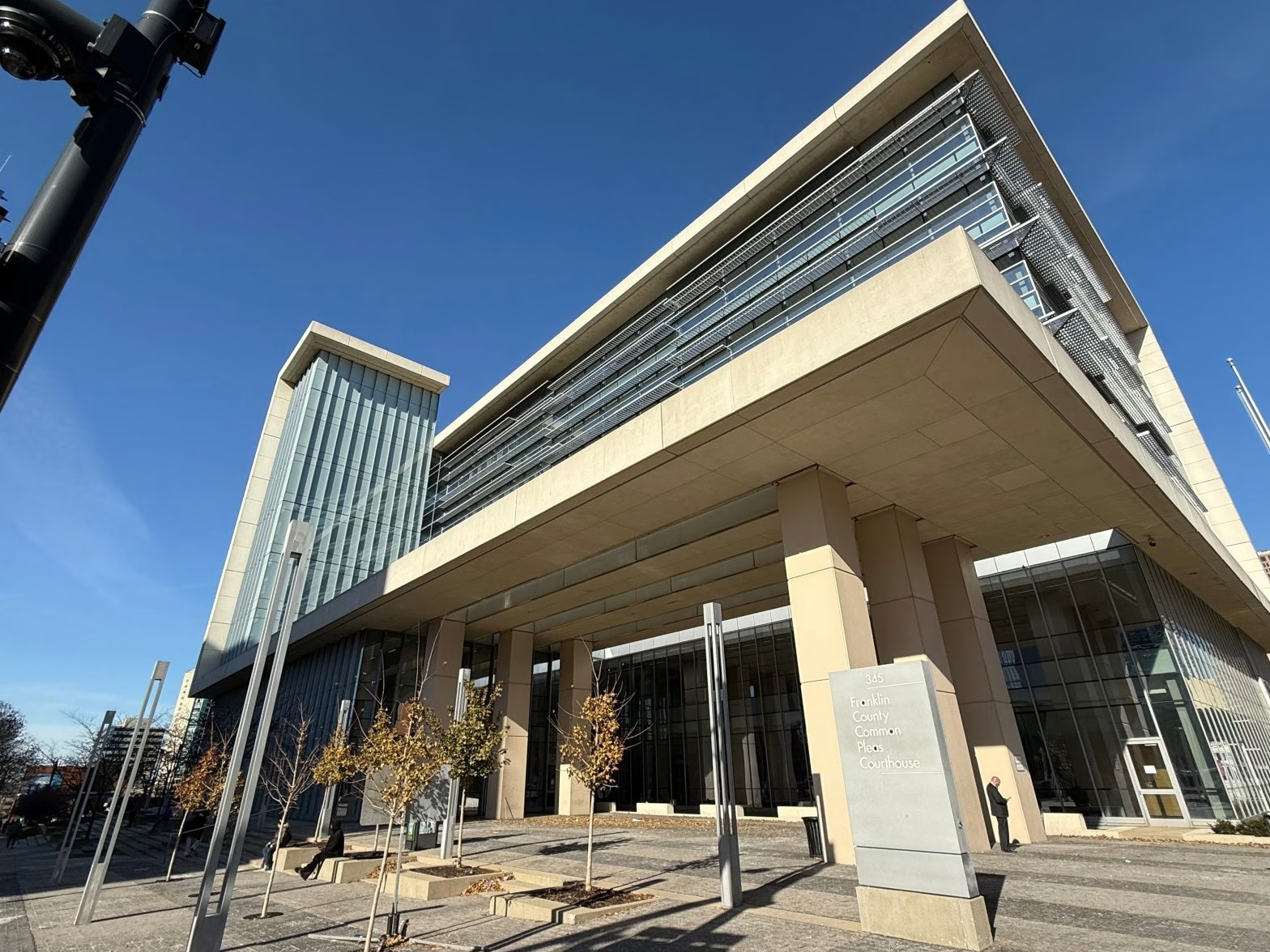Trump’s MRI Sparks Concerns Over Presidential Health Secrecy
The Mystery of Trump’s Health: A Call for Transparency
President Donald Trump’s recent disclosure that he underwent an MRI scan has sparked renewed debate about the secrecy surrounding a president’s health and the need for greater transparency. As the oldest person to be elected president, Trump has long been portrayed as a symbol of strength and vitality. However, his medical history is marked by a pattern of selective information sharing, raising concerns among experts and the public alike.
Recent Medical Checkup and Questions Raised
Trump’s recent visit to Walter Reed Military Medical Center for a follow-up examination has drawn scrutiny. While the White House described it as routine, this was his second visit in six months. A note from his physician stated that Trump was in “excellent overall health.” However, during a press briefing on Air Force One, Trump revealed that he had undergone an MRI and a cognitive test. Despite this, he did not explain the reason for the MRI, and his press secretary, Karoline Leavitt, provided no further details.
Jeffrey Kuhlman, who served as a White House physician to three presidents and authored a book on presidential healthcare, noted that it is common for older individuals to require additional checkups. He also pointed out that advanced imaging procedures, such as MRIs, are typically conducted at facilities like Walter Reed. However, Kuhlman questioned the timeline of the treatment disclosed by Trump’s physician, Dr. Sean Conley. He suggested that other tests could have been completed in the White House doctor’s office within 15 minutes.
Historical Context of Presidential Health Secrecy
The issue of presidential health transparency is not new. Throughout history, administrations have often been reluctant to share personal health information with the public. There is no legal requirement for presidents to disclose their health details, which has led to a long-standing tension between what a president wants to reveal and what the public has a right to know.
Examples of past secrecy include former President Grover Cleveland, who had secret surgery aboard a yacht to conceal a cancerous tumor removal. Similarly, President Woodrow Wilson suffered a stroke during his term, with his wife effectively serving as acting president. President John F. Kennedy’s administration also concealed his significant health issues, including Addison’s disease.
Experts argue that there is little incentive for those in the administration, including White House physicians, to be fully transparent. This lack of accountability raises questions about the reliability of the information provided to the public.
Current Concerns and Public Trust
Recent events have further fueled concerns about Trump’s health. Images of his swollen legs and a bruised hand covered in makeup circulated online, prompting questions. The White House eventually disclosed that he had chronic venous insufficiency and attributed the bruise to constant hand shaking. Additionally, when Trump contracted COVID-19 in 2020, the administration initially hid the diagnosis and later downplayed its severity without providing detailed information about his treatment.
In 2015, Trump released a letter from his then-physician, Harold Bornstein, claiming he would be the healthiest president in history. Two years later, Bornstein admitted that Trump had dictated the letter himself, highlighting the potential for misinformation.
Expert Opinions on Transparency
Jacob Appel, a psychiatry professor and presidential health historian, emphasized the importance of releasing enough information to allow the public to understand the context. He pointed out that without knowing the purpose of the MRI or the body part scanned, the public cannot assess the significance of the procedure.
S. Jay Olshansky, a longevity researcher, noted that the public only sees what the White House chooses to release. He stressed that while presidents have the right to privacy, the public must decide what they trust based on the information provided.
Conclusion
As the nation continues to grapple with the implications of presidential health secrecy, the need for transparency remains a critical issue. With each new development, the public is left to navigate a landscape of uncertainty, relying on the information that is selectively shared. The question remains: how much does the public truly need to know, and how can trust be restored in the face of such opacity?
- 5 famous toothpastes recalled or ditched for unsafe ingredients - December 16, 2025
- Dokter Richard Lee Kecewa Inara Rusli Nikahi Pria Beristri - December 16, 2025
- 510 Siswa Ikut Festival Bulutangkis Semarang 2025, Cetak Talent Baru - December 16, 2025




Leave a Reply